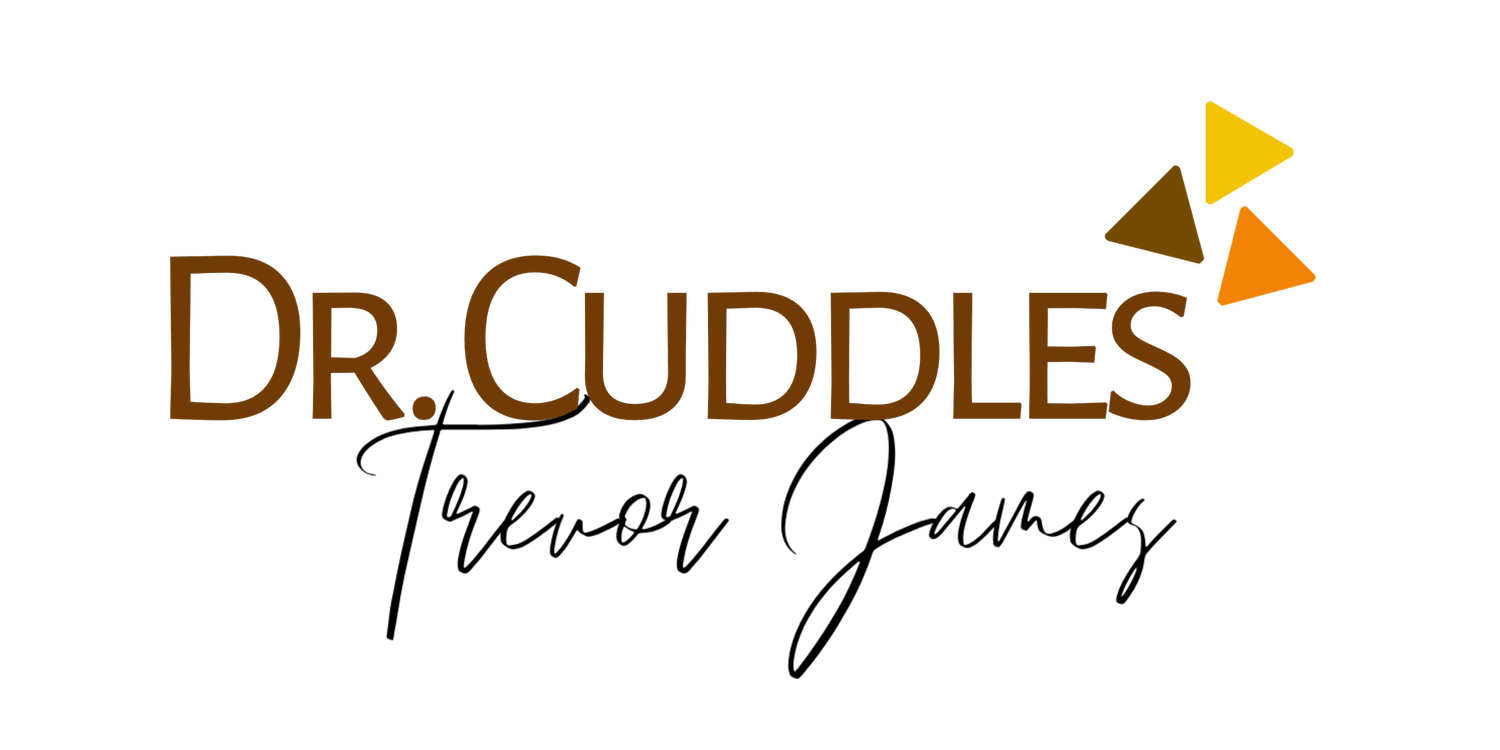Why We Need Oxytocin: The Science of Connection
One of the most important discoveries in science during the last decade is that of the hormone oxytocin. Discovered nearly 200 years ago, it wasn’t until recently that we understood its central role in our physiology and behavior. That’s because oxytocin is a hormone that plays a significant role in social behavior. It’s also referred to as the love hormone, cuddle hormone or trust hormone — but it has much more to offer than being simply a feel-good chemical. Unraveling the mystery behind oxytocin and understanding its many benefits has brought about many new insights into human connection, empathy, trust and love.
What is Oxytocin?
Oxytocin is a hormone secreted in the brain and the body that has been called the “hormone of love” and “the cuddle hormone.” It is produced when we are in proximity to other people (such as when we hug or kiss them), when we are in loving touch with animals, and during orgasm. It is a very important hormone, and one that is related to our health and well-being in many ways. While the role of oxytocin in pregnancy and birth is well known, it is only in the last decade that we have begun to appreciate just how important a hormone it is, and how much it influences our day-to-day lives.
Why is Oxytocin so important?
The most important aspect of oxytocin is its ability to connect us to one another. It’s a chemical that creates trust, empathy and a feeling of closeness to others. It promotes generosity and feelings of compassion, and it reduces fear and anxiety. But the reasons why we need oxytocin go deeper than that. As a social species, our ability to connect is what makes us human and it is fundamental to our health, happiness and well-being. It’s even been found that people with low levels of oxytocin are more likely to develop mental health issues like anxiety and depression. So, not only are we made to connect and love, but we need it to be as healthy and happy as possible. Oxytocin is the hormone that makes it all possible.
Why is Connection so important?
Connection is a key factor in all of our health and well-being. It’s also something we can choose to increase in our lives — and as we now know, it also has a lot to do with oxytocin. Here are just some of the benefits we can expect from being more connected: - Improved health - less illness and disease - Increased happiness and optimism - Stronger relationships - better communication, trust and empathy - Better mental health - reduced anxiety, stress and depression - More resilience during stressful times - Less isolation and greater understanding of others - Increased creativity and productivity - Stronger immune system
6 known benefits of Oxytocin
It reduces fear and stress - Studies show that even a small dose of oxytocin can greatly reduce levels of stress and anxiety in the body, particularly in the amygdala, the area of the brain that is responsible for instinctive and automatic responses to threats.
It improves our ability to trust - It has been found that oxytocin plays a significant role in the way we interpret social situations and how we respond to them. We interpret the actions of others as being more trustworthy when our brains are flooded with oxytocin.
It makes us more generous - Studies of both humans and animals have found that when we give to others we release oxytocin in our brains. It has been suggested that this may be one of the reasons why humans make charitable donations.
It promotes feelings of love and connection - Studies have also shown that oxytocin has a role in the formation of long-term bonds between people. It is believed that this may be one of the reasons why people who have regular sexual relationships feel more attached to their partners than people who do not.
It increases positive emotions - People who take oxytocin regularly report higher levels of positive emotions, including optimism and contentment.
It makes us more empathetic - Oxytocin has also been found to have a role in the way we interpret and respond to others’ emotions, particularly in relation to people who are familiar to us.
3 ways to increase Oxytocin naturally
Hugs & Cuddles - Any form of physical contact, from hugs to handshakes and brief kisses, stimulates the production of oxytocin. Kissing is especially effective at stimulating the release of oxytocin in the brain.
Massage - Massage has been shown to produce a significant increase in the levels of oxytocin in the body. - deep breathing
Meditation - Many forms of meditation are designed to trigger the release of oxytocin in the brain. One form, called open focus meditation, involves focusing on your breath and letting go of all other thoughts.
Conclusion
We’ve only just begun to understand the important role oxytocin plays in our health and well-being, but what we’ve discovered so far is that it’s essential for connection. And connection, in turn, is essential for our health and well-being. The more we can increase our levels of oxytocin, the closer we get to be our best selves — happier, healthier, more empathetic, more optimistic and more connected to others.

